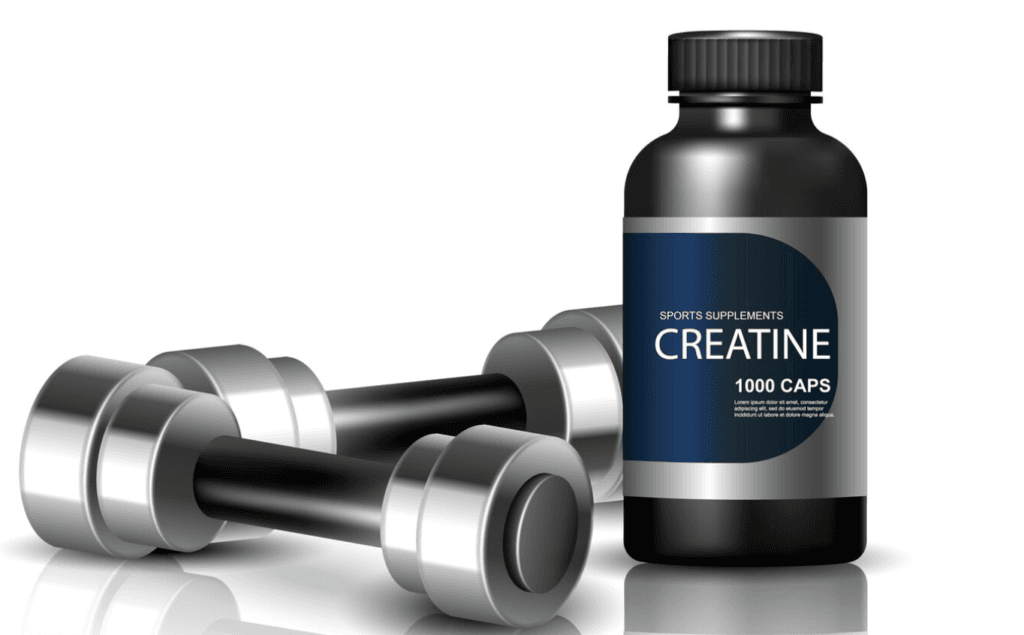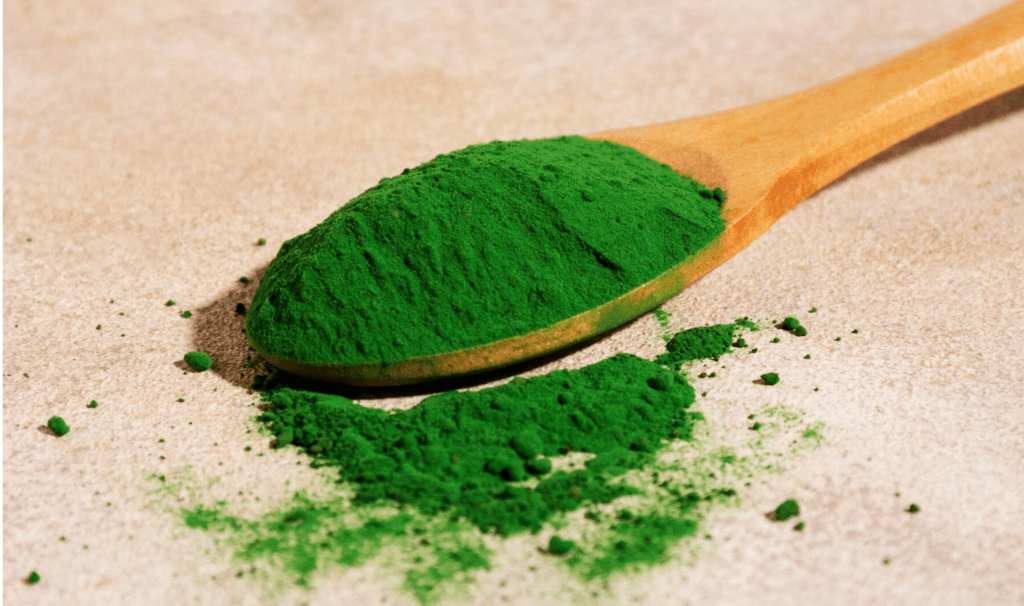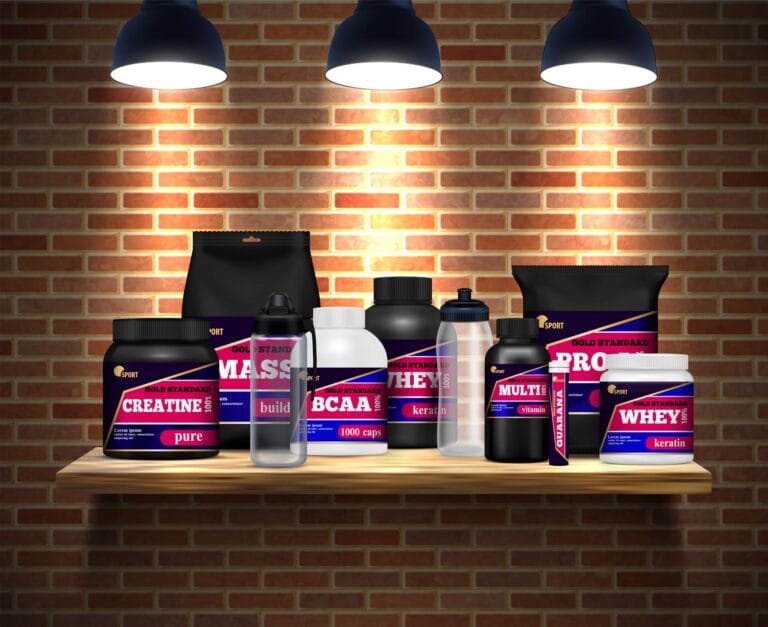Best Evaluating the Effectiveness of Supplements
Table of Contents
Introduction

The dietary supplements industry has experienced a significant surge in growth, approaching $400 billion in revenue last year alone.
Despite this remarkable expansion, a pressing concern has arisen regarding the authenticity and efficacy of many popular supplements. This article aims to critically assess the validity of common supplement claims, scrutinize the credibility of scientific evidence, and provide actionable recommendations for consumers.
Through an examination of specific supplements, we will highlight prevalent scams, validate research-backed options, and offer guidance on making informed choices.
Creatine Supplementation: A Case Study

Creatine has become one of the most popular supplements, with American consumers alone using over 4 million kilograms annually.
Despite its widespread use, a considerable portion of the market may be misleading consumers. Research indicates that up to 30% of individuals naturally possess high levels of creatine, which can result in negligible performance benefits for approximately one in four users. This inherent variability complicates the efficacy of creatine supplementation for some individuals.
A 2022 study evaluated 175 high-cost creatine supplements available on Amazon and found that 88% of these products lacked substantial evidence supporting their claims. For example, some products, such as creatine ethyl ester, claimed superior absorption and stability but were proven to be less effective than creatine monohydrate, the standard form. This discrepancy underscores the prevalence of misleading marketing tactics within the supplement industry.
The research also revealed that only 8% of expensive creatine supplements were third-party tested for quality. Furthermore, an alarming 28% of supplements were found to contain hidden substances, including potentially harmful steroid precursors. Therefore, while creatine monohydrate remains a safe and effective option, consumers should prioritize third-party tested products to avoid these pitfalls.

Branch Chain Amino Acids (BCAAs): Debunking Myths
Branch chain amino acids (BCAAs) have long been marketed as essential for muscle growth and recovery. However, research dating back to 1990 suggests that BCAAs might hinder muscle recovery and growth by interfering with the utilization of other amino acids.
Despite this evidence, BCAAs continue to be promoted and sold, largely due to their entrenched presence in the bodybuilding community.
A more effective alternative to BCAAs is essential amino acids (EAAs), which include nine critical amino acids rather than just three. EAAs offer a more comprehensive profile and can be especially beneficial for those with dietary restrictions or high training demands. Nevertheless, for most individuals who consume adequate protein in their diet, neither BCAAs nor EAAs are likely to provide significant additional benefits.
Greens Powders: Evaluating the Claims

Greens powders, such as Athletic Greens, promise to simplify the consumption of fruits and vegetables and offer benefits like improved energy, immune function, and digestion.
Despite these claims, there is limited scientific evidence supporting the efficacy of these products. A study funded by Athletic Greens reported subjective improvements in energy and reduced bloating, but lacked a control group and relied on self-reported data.
The nutritional content of green powders often includes a range of antioxidants and superfoods, but the actual benefits of these ingredients are not well-supported by scientific research.
Additionally, the labeling practices of many green powders obscure the precise quantities of individual ingredients, raising concerns about their effectiveness. Comparatively, a standard multivitamin offers a more balanced nutrient profile at a lower cost, although it also falls short in some areas like calcium and magnesium.
Public Health England has noted that green powders do not contribute to the recommended daily servings of fruits and vegetables, emphasizing that they should not replace a varied diet. Consuming whole fruits and vegetables remains the most effective strategy for improving overall health and well-being.
Conclusion
The booming supplement industry is not without its pitfalls, and consumers must navigate a complex landscape of marketing claims and scientific evidence.
Creatine monohydrate remains a reliable option if third-party tested, while BCAAs and greens powders often fail to deliver the promised benefits.
Focusing on evidence-based approaches, such as maintaining a balanced diet and consulting with nutrition and fitness experts, will yield better results than relying on potentially misleading supplements.






